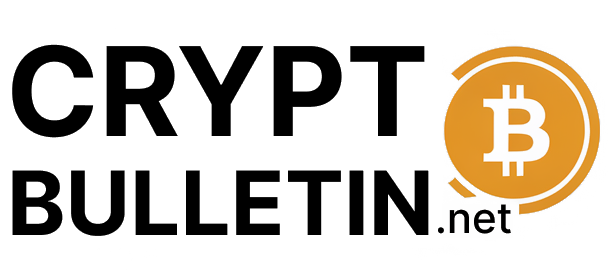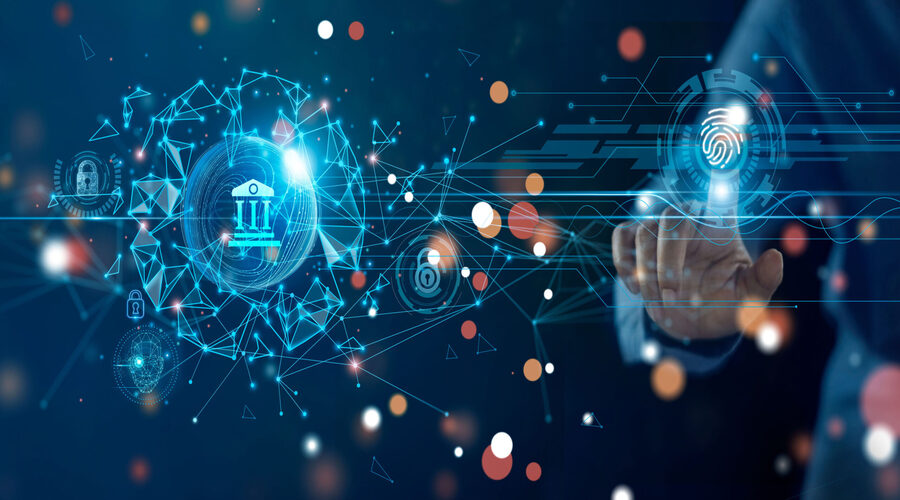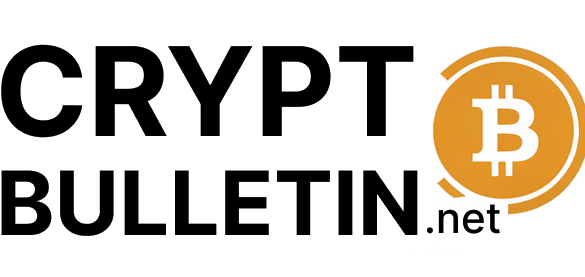In today’s digital age, personal data is a valuable asset that is collected and stored by companies and organizations. However, the current system of managing personal data is flawed, as it puts individuals at risk of identity theft and privacy violations. Decentralized identity, also known as self-sovereign identity, offers a solution to this problem by giving individuals control over their personal data.
What is Decentralized Identity?
Decentralized identity is a new way of managing personal data that puts the individual in control. Instead of relying on third-party organizations to store and manage personal data, decentralized identity allows individuals to store their personal data on a decentralized network, such as a blockchain. This means that individuals can control their personal data and decide who has access to it.
Benefits of Decentralized Identity
Privacy and Security
One of the primary benefits of decentralized identity is privacy and security. In the current system, personal data is stored in centralized databases, which makes it vulnerable to data breaches and hacking. Decentralized identity, on the other hand, uses cryptography and distributed networks to protect personal data from unauthorized access. With decentralized identity, individuals can control their personal data and decide who has access to it, reducing the risk of identity theft and privacy violations.
Control and Ownership
Another benefit of decentralized identity is control and ownership. In the current system, individuals have little control over their personal data. Once personal data is collected by a company or organization, it is often sold to third-party companies without the individual’s knowledge or consent. Decentralized identity, on the other hand, gives individuals ownership and control over their personal data. Individuals can choose who has access to their personal data and can revoke access at any time.
Efficiency
Decentralized identity can also improve efficiency. In the current system, individuals often have to provide the same personal data to multiple organizations, which can be time-consuming and cumbersome. With decentralized identity, individuals can store their personal data on a decentralized network, and grant access to multiple organizations as needed. This can reduce the need for duplicate data entry and make the process more efficient.
Challenges of Decentralized Identity
Despite the benefits of decentralized identity, there are some challenges that need to be addressed. One challenge is interoperability. In order for decentralized identity to be widely adopted, different systems need to be able to communicate with each other. This requires standardization and cooperation among different organizations.
Another challenge is usability. Decentralized identity can be difficult for non-technical users to understand and use. This requires the development of user-friendly interfaces and education on how to use decentralized identity.
Uses of Decentralized identity
Decentralized identity is already being implemented in various industries, including finance, healthcare, and e-commerce. For example, some financial institutions are exploring the use of decentralized identity to improve customer authentication and reduce fraud. In the healthcare industry, decentralized identity can improve patient privacy and data security by allowing patients to control access to their medical records. In e-commerce, decentralized identity can improve trust between buyers and sellers by allowing individuals to verify their identity and reputation.
There are also various projects and initiatives working on developing decentralized identity solutions. The Decentralized Identity Foundation (DIF) is a non-profit organization that aims to promote the development of decentralized identity technologies. The World Wide Web Consortium (W3C) is also working on developing standards for decentralized identity.
One of the most well-known decentralized identity projects is the Self-Sovereign Identity (SSI) model. SSI is a decentralized identity model that uses a combination of public-key cryptography and distributed ledgers to allow individuals to control their personal data. In the SSI model, individuals have a decentralized identity wallet that stores their personal data and identity credentials. The wallet is protected by a private key that only the individual has access to.
Decentralized identity is not without its challenges, however. As mentioned earlier, interoperability and usability are major challenges that need to be addressed. In addition, there are concerns around the scalability of decentralized identity solutions, as well as the potential for new types of attacks and vulnerabilities.
Benefits of decentralized identity
One of the main benefits of decentralized identity is the potential to reduce identity fraud and theft. Identity fraud is a major issue in today’s digital age, with millions of individuals falling victim to it each year. Decentralized identity can reduce the risk of identity fraud by allowing individuals to control access to their personal data. This means that individuals can choose who has access to their data and revoke access at any time, reducing the risk of unauthorized access.
Another benefit of decentralized identity is the potential to improve access to services. In many cases, individuals are required to provide personal data to access services, such as applying for a loan or opening a bank account. However, the current system of personal data management can make it difficult for individuals to access services if they don’t have the necessary data or if their data is outdated or incorrect. Decentralized identity can improve access to services by allowing individuals to provide verified personal data directly to service providers.
Decentralized identity can also improve privacy and security in the workplace. In many industries, personal data is collected and stored by employers. This data can include sensitive information such as employee health records, social security numbers, and financial information. Decentralized identity can improve privacy and security in the workplace by allowing employees to control access to their personal data and reduce the risk of data breaches.
Finally, decentralized identity can promote innovation and competition. In the current system, large companies often have an advantage because they have access to vast amounts of personal data. Decentralized identity can level the playing field by giving individuals control over their personal data and allowing smaller companies to compete on an equal footing.
Regulatory and Legal Framework
Lastly, there are regulatory and legal challenges to decentralized identity. Since it is a new technology, there is no established regulatory framework to govern it. This means that it may be difficult to determine who is responsible in case of a data breach or privacy violation. Additionally, there may be legal challenges related to data ownership and liability.
Conclusion
In summary, decentralized identity offers a promising solution to the current system of personal data management. By improving privacy and security, increasing efficiency, and giving individuals ownership and control over their personal data, decentralized identity can improve various industries and promote innovation. While there are challenges that need to be addressed, decentralized identity has the potential to revolutionize the way we manage personal data and promote a more secure and equitable digital world.


